Federico Fellini Best Movies: A name steeped in decades of canonisation and lasting influence on the world of western cinema, Federico Fellini is one of those few revered, iconic stalwarts of European arthouse whose name is forever associated with greatness. Over a century after his birth, his blend of baroque stylings and deeply personal narratives have lasted as some of the most garlanded art of the 20th century in any medium, inspiring countless imitators and apostles extending far beyond his humble upbringing in Rimini, a hometown whose personality has coloured many of his finest films.
Initially a protégé of neorealist auteur Roberto Rossellini, Fellini developed his own style throughout the 1950s. In short, he combined magical realism and charming flights of fancy with stories grounded in the harsh economic realities of post-war Italy; think the crying clowns of La Strada, or the ethereal ending to Nights of Cabiria. In 1960 he was catapulted to international attention with La Dolce Vita, a film exploring the swinging nightlife and celebrity culture of Rome, and one now so deeply embedded into the pop culture lexicon that it birthed an entirely new word: “paparazzi”.
Also, Read: 10 Films to Watch If You Love Taxi Driver (1976)
His stature only grew from there, and by his death in 1993 he had garnered Italy’s civilians honour, a record-breaking five Academy Awards for Best International Feature, and a permanent place etched within the rich tapestry of world cinema. That kind of reputation doesn’t come without the films to back it up, and here’s ten of the best from his oeuvre.
10. City of Women
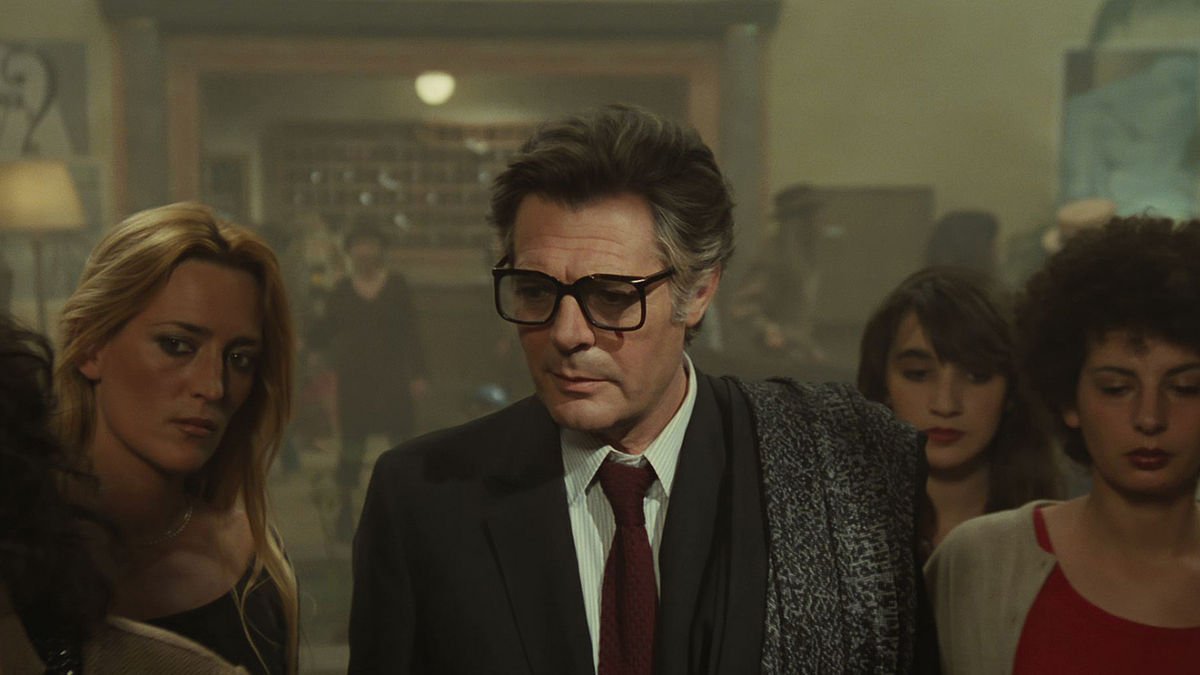
The opposite sex is a clear source of fascination for Fellini, whether it be the fantastical allure of Anita Ekberg in La Dolce Vita or the strong-willed female protagonists played by wife Giulietta Masina in his earlier films. In the aptly titled City of Women, these neuroses shift from the periphery to the center of his vision, as Marcello Mastroianni stars as a man entrapped in a hotel where his misogyny must be confronted. Exploring the (often literal) battle of the sexes in typically provocative style, the direction vacillates between nuanced commentary and abrasive exploitation, leering on the human form in increasingly surreal and imaginative ways, and not just the women.
Related Read to Federico Fellini: The Best Federico Fellini Movies: Celebrating 100 Years of The Italian Master
City of Women is one of few films by male directors that examine the ‘female gaze’ (if such a thing could exist). Now it is Mastroianni who is subject to insult, disrespect, objectification, providing a striking counterbalance to the roles he has otherwise played. An apology to the women in his life? An acceptance of feminist critique, or a rejection of it? Whichever way one chooses to interpret this mid-career outing it’s a refreshing change of pace thematically that maintains his enticing visual appetite for bright colours and absurdist set design.
9. I Vitelloni
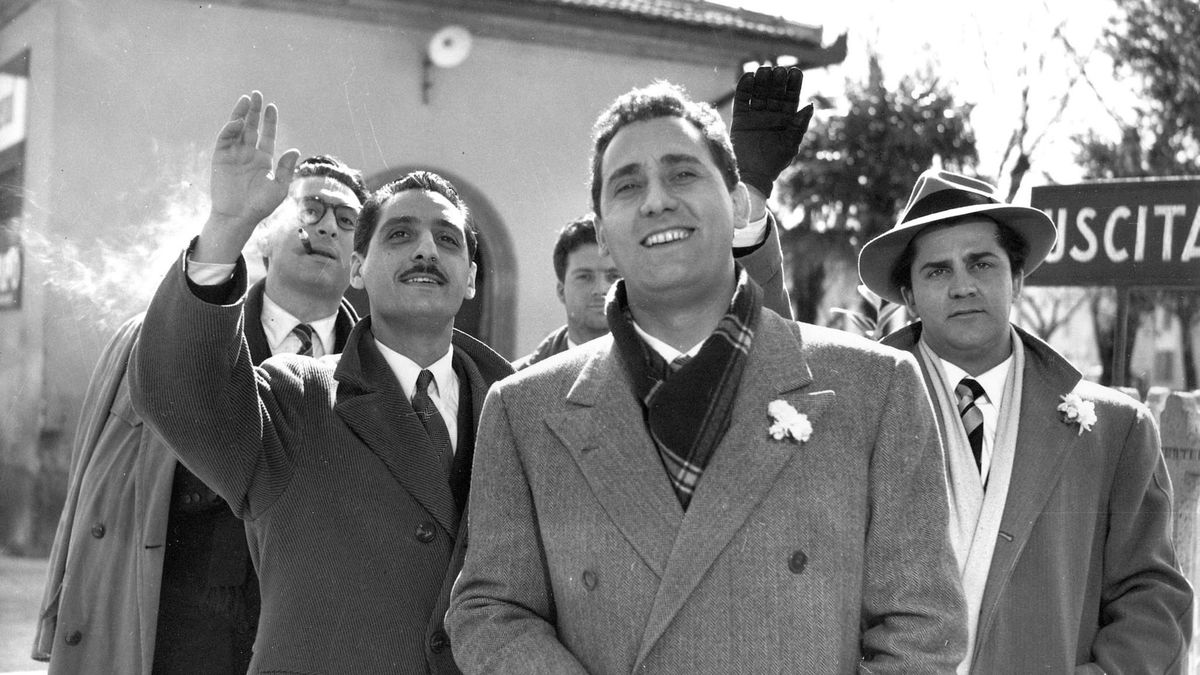
It seems impossible to imagine now, but after the failure of solo directorial debut The White Sheik the career of the iconic Italian hung very much in the balance. I Vitelloni, which roughly translates to “The Layabouts”, was the first true Fellini picture in terms of style, atmosphere, and content and has lost none of its quiet, deeply personal power with age. Based on the experiences of the director and his two co-writer’s young adulthoods, the sense of self-mythology and nostalgia permeates the movie as the viewer feels simultaneous frustration and endearment towards the titular twenty-somethings as they wander in and out of life’s roads, before turning back around to their own dead end.
Similar Read: Every Andrei Tarkovsky Film Ranked
Like all the great autobiographical films, the experiences relayed in I Vitelloni have extended far beyond the scope of its runtime. 20 years later, a whole generation of American directors, among them Martin Scorsese, George Lucas and Barry Levinson, saw their own suburban childhoods reflected in the vivid black and white of Fellini’s frames, and so a tradition of preserving these valuable interpretations of memories remains on the silver screen. Testament, if any were needed, to the lasting brilliance of this early effort.
8. Ginger & Fred
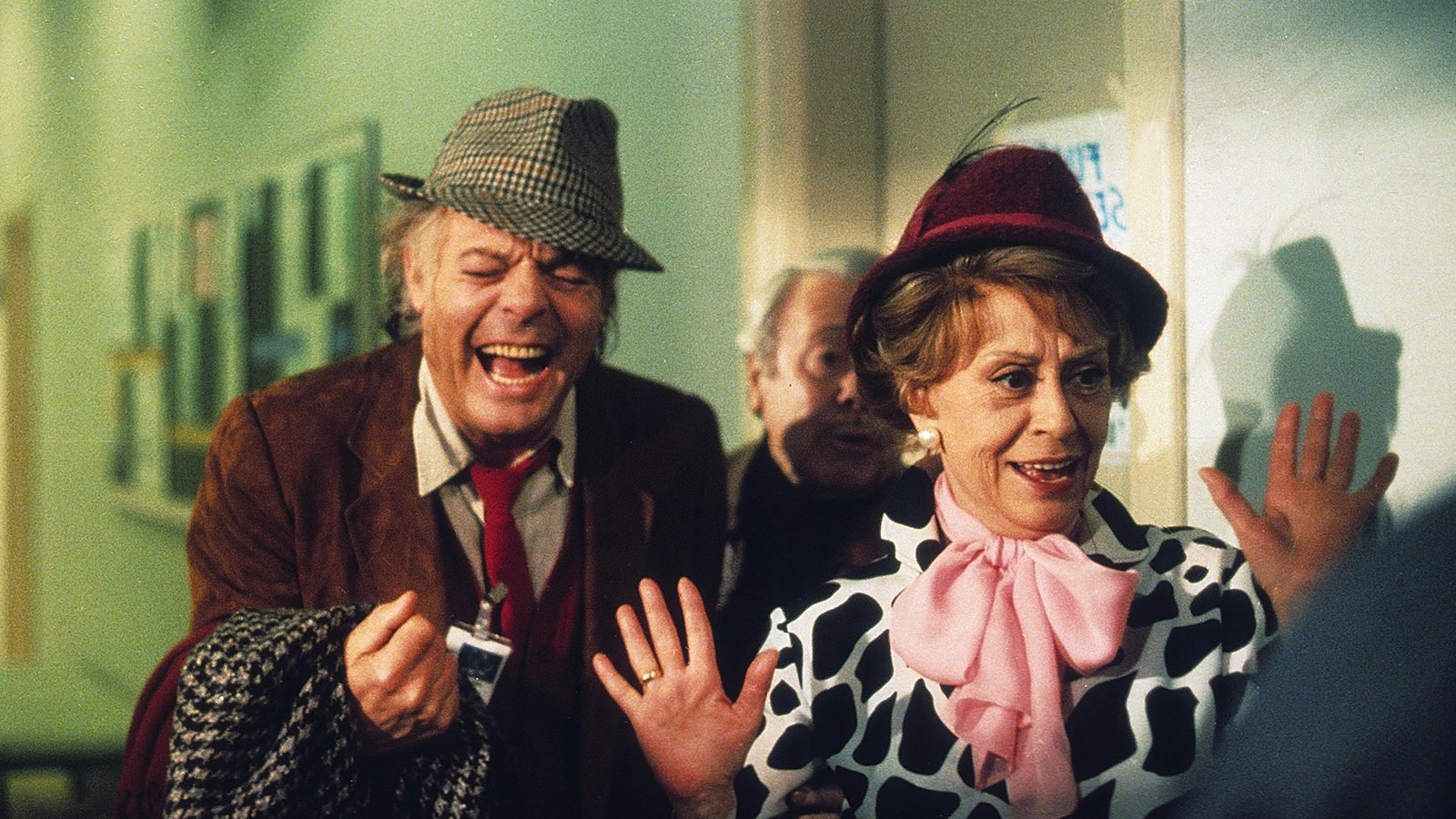
If I vitelloni was Fellini’s first great film, then Ginger and Fred, released 32 years later, is his last; not a movie you see on many lists of this ilk, but nonetheless nostalgic, heart-warming and life-affirming. Whilst paying obvious homage to his eponymous American idols, the film is just as much a period of self-reflection for director and cast, a rare chance for an iconic filmmaker to explore themes of legacy as they apply to his own career. To demonstrate this, Fellini casts Marcello Mastroianni and Giulietta Masina, two performers forever indebted to their work in his films, as the titular duo, rolling back the years for some corny variety show.
Related Read to Federico Fellini: Martin Scorsese’s 10 Favorite Films of All Time
The beauty of the work, of course, is not the TV show but how the two connect again as people, old friends whose entire lives have been altered by the fame and facade of show business. Reunited as past-their-best old-timers, the two’s connection is stronger than ever and the chemistry leaps off the screen in a manner at once endlessly bittersweet and endearing. It’s impossible not to draw a line between this narrative and the very existence of the movie itself, in which an ageing filmmaker bonds again with old colleagues to put on one final show, and what a show it is; metatextual, but never overbearing in its self-mythologizing.
7. Juliet of the Spirits
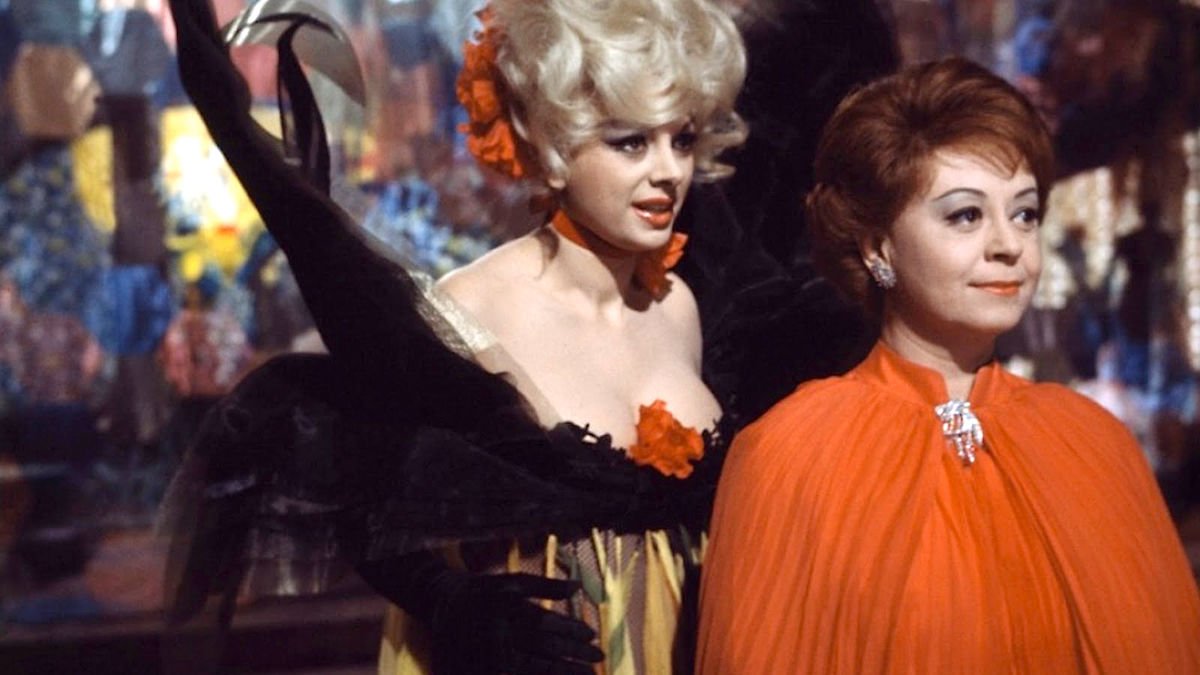
Fellini’s name is so ubiquitously associated with imagery of the extreme, baroque nature, it’s easy to forget that it took until 1965 for the great Italian to make his first feature in colour, but it was worth the wait. Yet another surrealist tale with a personal slant, Juliet of the Spirits was written at a time of crisis in Fellini’s marriage, when he was struggling to forge a connection with his wife, Giulietta Masina, over concerns over his faithfulness. Masina, of course, plays a ‘character’ called Giulietta, as her internal struggles are externalised by a series of wacky, often absurdist, encounters with bombastic caricatures which all represent some element of her struggling psyche.
Also, Read: Silence (2016): AN Unforgettable Journey Through Human Faith
The film is typically oddball and hilarious, ebbing and flowing in that curiously free-form way that so many of Fellini’s works do, drifting from one scene to the next with no logical joints but an irresistible sense of filmic rhythm, bouncing along with the help of one of Nino Rota’s finest musical accompaniments. What the film lacks in specific structure it compensates for with memorable set pieces and a delightful sense of the subversive and the absurd, something slightly beyond the ordinary as different colours and tones collide in what is, essentially, yet another exhibit for Fellini’s awesome world-building. A delicious filmic cocktail.
6. Amarcord
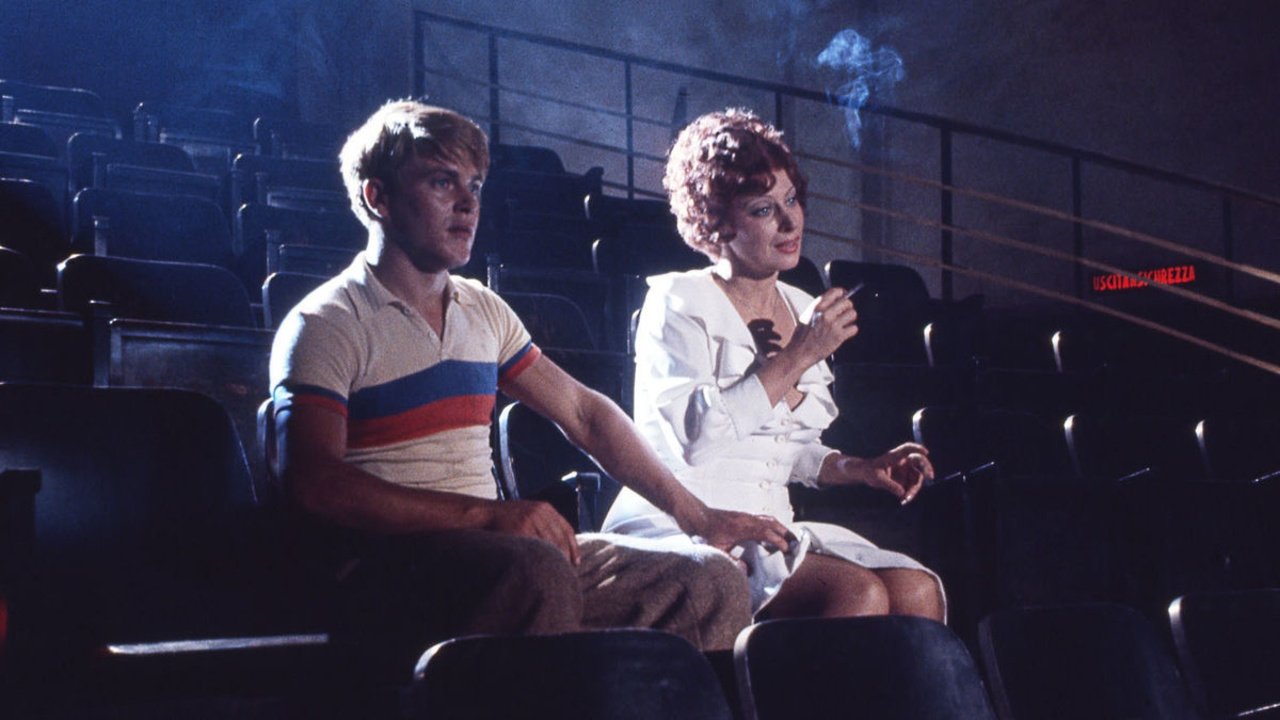
One of Fellini’s most beloved films, and one of his most delicious visual feasts, Amarcord is a film of youthful camaraderie and the kind of contrast between earthy, heartfelt realism and exaggerated caricature that often illuminates this director’s finest achievements. It takes a while to grow into the film’s tone, but once engorged in the lifestyle and themes of these characters and this lowly rural town all the film’s supposed weaknesses become its strengths. The baroque production design that should, in theory, create jarring dissonance to the autobiographical nature of the piece, instead adds a new sense of moulded nostalgia, Fellini (like in I Vitelloni before it) bending the past to his own artistic whim. The youths are precocious and chirpy; the elderly ugly and stubborn; the women are sexy; the town is colourful and full of life, vibrant through every frame.
Related Read to Federico Fellini: 10 Great European Films That You Just Can’t Miss
Even through wartime hardship Fellini finds the magic and wonder of life, well as the farcical nature of fascism — a memorable set-piece involving a flower display of Benito Mussolini being the most literal example of this. The script doesn’t shy from the horrors of the time, it’s history and the roles society pigeon-holed individuals into, but by and large it’s a film of joy, of friendship, of overcoming adversity through community, and it’s devilishly charming.
5. Casanova
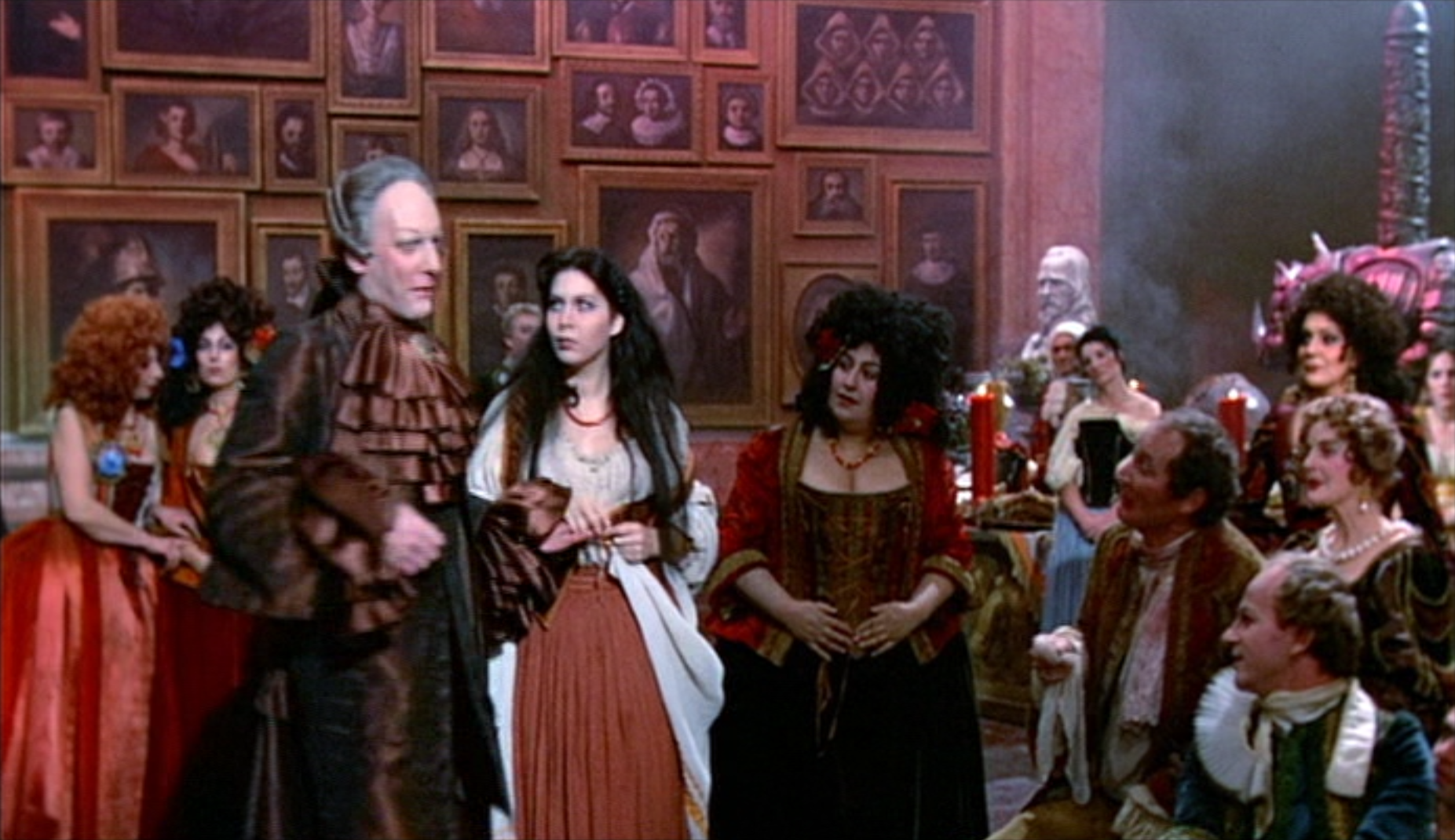
A highlight of the most outrageous and risqué run of films in a career full of such fare, Casanova (like the equally brilliant Satyricon before it) sees the great auteur diving into the raucous history of his homeland to bombastic effect. A loose adaptation of the titular writer’s autobiography, Fellini’s subversive visual vulgarity oddly feels more at home within the constrained societal norms of the 18th century. The camera itself here is more reserved, more formally tasteful than the sweeping takes of 8 1/2, for example, but it only serves to accentuate the rococo architecture and costume design.
Related Read: Every Heath Ledger Performance Ranked
Fellini takes a detached approach to the protagonist himself, opting for a more isolated examination of period and instinctual desires than a concentrated character study, though Donald Sutherland’s spellbinding central performance adds layers of subtext not visible on the page. It’s a film that, beyond all the exuberant parties, dancing and sex, is tinged with melancholy and longing, soaked in the hubris of its lead. Casanova, the character, fancies himself as a dashingly handsome intellectual, a ladies man, a high-flyer of Venetian society, but is constantly undermined and outperformed by the women in his life, whom he struggles to contain or control. A surprisingly sombre outing, but one nonetheless imbued with his usual visual panache.
4. Nights of Cabiria
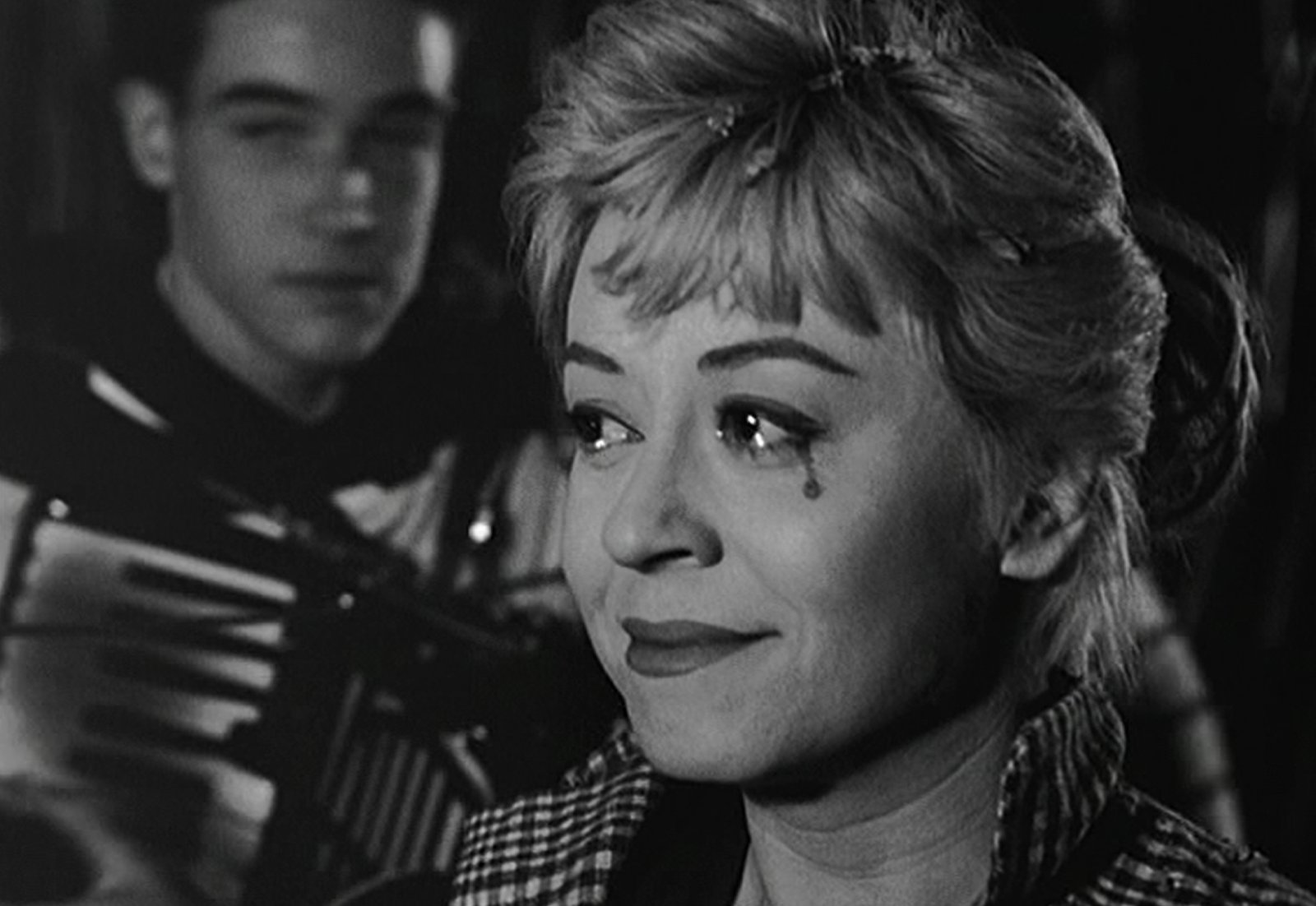
Federico Fellini is accused by some of his critics of being rather self-indulgent and self-obsessed; after all, it’s hard not to see shades of the man himself in the protagonists of films such as Casanova or the deliberately autobiographical 8 1/2. Thus Nights of Cabiria feels like a breath of fresh air in his filmography, or a pre-emptive response to his later detractors, as this 1957 work is a picture of such deep, warm, irresistible empathy and charm. Much of this is provided by the effervescent Giulietta Masina, in a career best role.
Related Read to Federico Fellini: 10 Great Black And White Movies of the 21st Century
In La Strada, Masina appears as a woman equally down on her luck, but she is given such effervescent determination and a steely will to live, and it imbues within her character a real sense of agency driving her forward. Masina plays the role with a seemingly endless sense of joie de vivre undampened by the hardships brought upon her, usually by the men in her life. The contrast between Cabiria’s personality and her circumstance culminate in an ingenious ending where quite the opposite is true. In a moment of true emotional torture, she is surrounded by lights and people, reminded of the inherent beauty of the human condition. One could argue the film itself serves as a similar reminder.
3. Satyricon
![]()
Mixing the outrageous fervour of Pasolini with the overly baroque sensibilities shown previously in his career, this is Fellini’s first leap off the diving board into the world of true-blue surrealism. The film’s very tagline (“Rome. Before Christ. After Fellini”), established the intent. Though the original Satyricon is a work of Petronius, it is now thoroughly transplanted into the world of an auteur adamant to place himself in the same realms of canonisation as Christ himself. Whereas previous adaptations of classical texts can be sterile and reverential to a fault, the debauchery of Satyricon is invigorated by Fellini with a new level of audacity, blending class struggle with absurdist flights of fancy and stylisation.
Related Read: Corpus Christi (2019): An Anatomy of Crime Joining With Religion
From here, one can draw a straight line to Eric Rohmer’s equally wild Perceval (1978), and even to Baz Luhrmann’s ‘radical’ adaptations of Shakespeare and Fitzgerald, as the filmmaker uses the language of cinema to explore the source’s themes in ways that the written word could not. It excels in the same realm of medium exclusivity as Godard’s 70s work, or Sergei Parajanov’s similarly surreal biopic The Colour of Pomegranates. These are all films that represent the maximum philosophical and visual capability of cinema. Perhaps the biblical comparisons weren’t so narcissistic after all.
2. 8 1/2

What can be said about 8 1/2 that hasn’t already been said. Consistently voted as one of the greatest films by any director, nevermind Fellini, and referenced by everyone from Peter Greenaway to Woody Allen, it truly is one of the most singularly genius portrayals of the creative mind put to celluloid. Marcello Mastroianni, Fellini’s muse, becomes his alter ego Guido Anselmi, a celebrated filmmaker struggling to cope with his declining health, wife, mistress, producers and mental state all amidst the vapidity of ‘show business’; it’s not hard to see where the film’s ideas came from. 8 1/2 frames itself as something entirely confessional but not without its healthy doses of style.
Related Read to Federico Fellini: Il Maestro By Martin Scorsese: Federico Fellini And The Lost Magic Of Cinema
DP Gianni Di Venanzo’s camera dips and swerves, in gorgeous black and white, often taking the POV of Anselmi himself, engrossing the viewer in his mindset of constant nervousness and ‘director’s block’. He is creatively barren and, as countless scenes of partying and debauchery illustrate, the circles he runs in are not at all conducive to either personal fulfilment nor artistic productivity and clarity. The level of engagement and empathy the viewer manages to attach to Guido by the end of the film is remarkable considering he does little to endear himself to himself or others but subtly, through wonderfully filmed flashbacks and fantastical dream (née nightmare) sequences we get the idea that he was once was a decent man with earnest artistic ambitions, just adding further to the damning critique of bourgeois society. One of the canonised European arthouse classics that is truly worth the hype.
1. La Dolce Vita
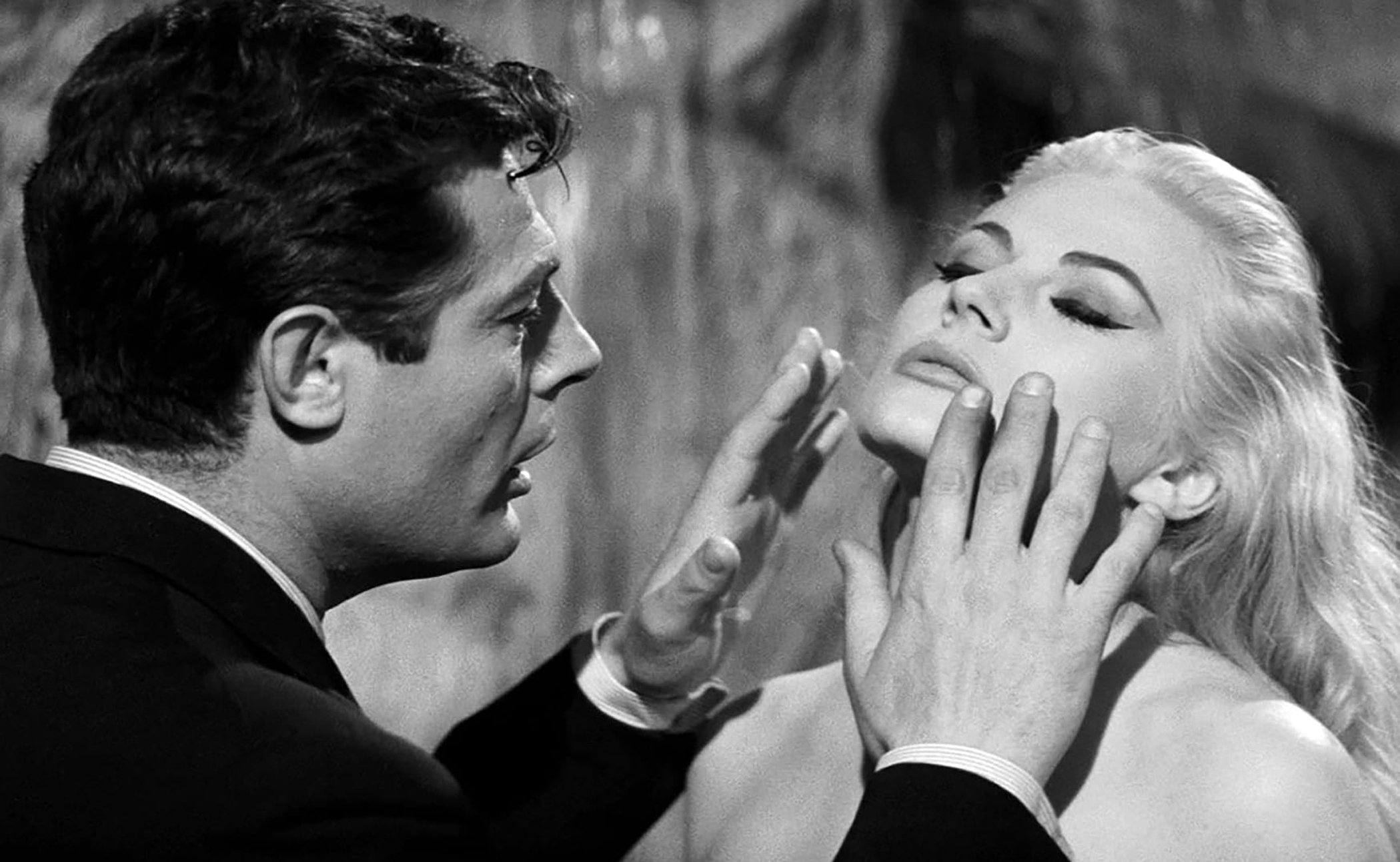
A landmark in the history of cinema, La Dolce Vita is the definitive statement on the decadence of celebrity lifestyle, particularly as it existed in Rome. Inside the hallowed tombs of it’s glorious past, modern-day Romans party and drink and obsess over the most banal of comments from visiting actress Anita Ekberg. Indeed it’s her that shares one of film’s most famous moments, with Marcello Mastroianni, whose sharp-suited Marcello Rubini remains the embodiment of early ‘60s Euro-cool, under what else but the historic Trevi Fountain. The moment itself plays out like a dream, ending as soon as it starts, a picturesque image of beauty that ultimately bleeds into all of the other, increasingly beleaguered and surreally vapid episodes that Marcello must endure.
Also, Read: Roger Ebert’s 10 Greatest Films of All Time
Like in 8 1/2, Mastroianni’s protagonist is a (wannabe) artist, and the places where he can find inspiration, human touch, and respite from the meaningless luxury of his tabloid way of life result in some truly gorgeous moments. A scene with a young waitress stands out, in particular, as does the music of Bach ringing around the church building; both stories end in tragedy. Despite this, it’s difficult to interpret La Dolce Vita as a nihilistic film, its elegiac coda aside. Fellini directs with such swagger and self-confidence, with such an eye for the details of both humane emotion and artifice, that it’s a thoroughly entertaining watch, breezy without being disposable, long but not prolonged. A perfectly realised human epic, and worthy of all the acclaim and recognition, his finest film.

